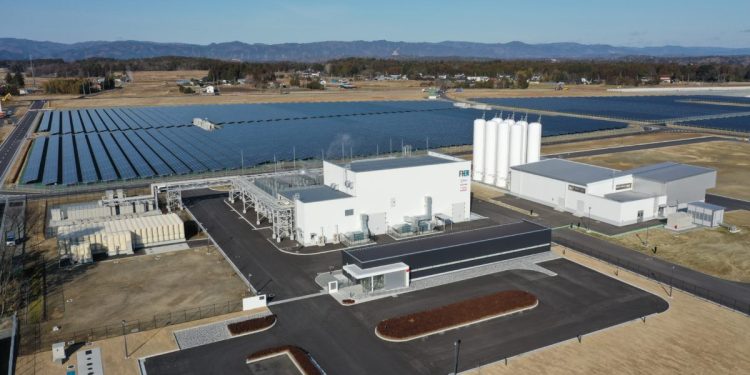Huge international interest in creating NZ green hydrogen plant
Words: Matthew Hansen
Back in July it was confirmed that Southland’s Tiwai Point smelter, which is set to close down in 2024, was being investigated by Meridian Energy and Contact Energy as a potential future large-scale green hydrogen production plant.
Now, the two firms have revealed that interest in the project is vast. So far, it’s received over 80 responses to what it calls the “Southern Green Hydrogen Project”, some of which have come from overseas firms.
Speaking to RNZ, Contact Energy CEO Mike Fuge says that the project doesn’t necessarily hinge on the availability of the Tiwai Point facility, with rumours that the plant might continue to operate beyond 2024. The project could instead be created elsewhere.
“We’ll be analysing the responses that we’ve received in this [registration of interest] and then we want to identify a number of partners who we can move forward with, who are aligned to our vision and what we see as the potential for hydrogen in this country,” said Fuge.
“We’re still finalising the dates but I think keeping the end in mind, we want to see something that can get up and running by earlier than 2025, so that sort of drives the timetable that we have to follow from here.
“There’s enough renewable development opportunity in this country both in terms of wind and solar resources … and geothermal for us to look very seriously at trying to get hydrogen as an industry underway in its own right.”
Hydrogen has both its fans and its critics across the motoring and transport spectrum. It’s proven to be popular among commercial trucking operations overseas, with Hyundai New Zealand set to introduce a test and demonstration programme for its Xcient hydrogen fuel-cell trucks.
Hydrogen also continues to receive support from Toyota. The Japanese carmaker debuted a new version of its hydrogen-fueled Mirai last year, and last week rumours emerged that the brand was considering developing a Prius with a hydrogen powertrain. The brand is also studying whether hydrogen can be used as a straight replacement for petrol.
Adoption of hydrogen among European brands is mixed. Some, like Land Rover, are considering the fuel alternative. The British marque is developing a hydrogen Defender. On the other hand, earlier this year Volkswagen CEO Herbert Diess rejected hydrogen exploration. Tesla CEO Elon Musk once said hydrogen was “a big pain in the arse”.
On top of potential applications in the private vehicle and commercial vehicle sectors, green hydrogen could be used by those in the aviation industry, or it could be exported.





